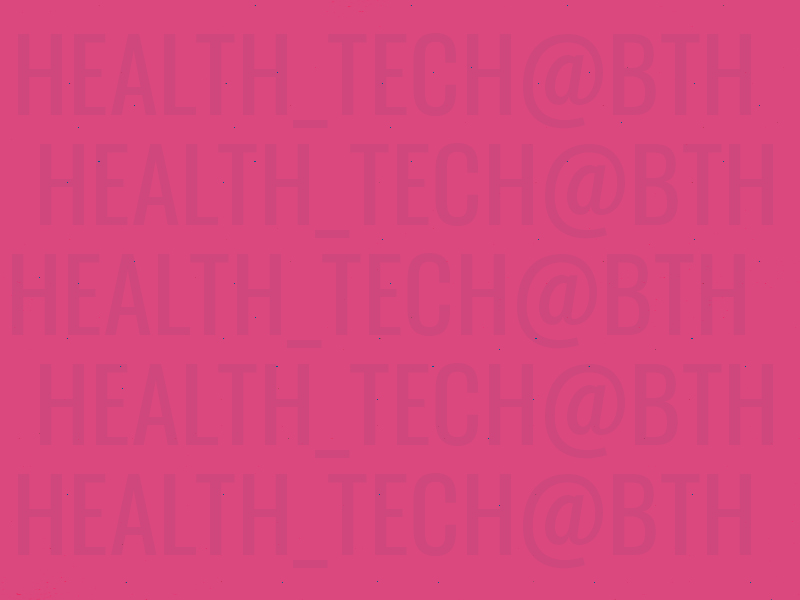Read on DOI
Read More


Read on DOI
Read More
Stort tack till alla som deltog i TIHApersonaldagar. Det är glädjande att så många kunde vara med och bidra till givande diskussioner och gemensamma aktiviteter. Dagarna fylldes med värdefulla presentationer, föreläsningar, arbetsmiljöarbete och inte minst trevlig samvaro. Vi ser fram emot att bygga vidare på den gemenskap och kunskap vi har skapat tillsammans. Tack för […]
Read More
Read on DOI
Read More
Read on DOI
Read More
Read on DOI
Read More
Read on DOI
Read More
Read on DOI
Read More
Read on DOI
Read More
Read on DOI
Read More